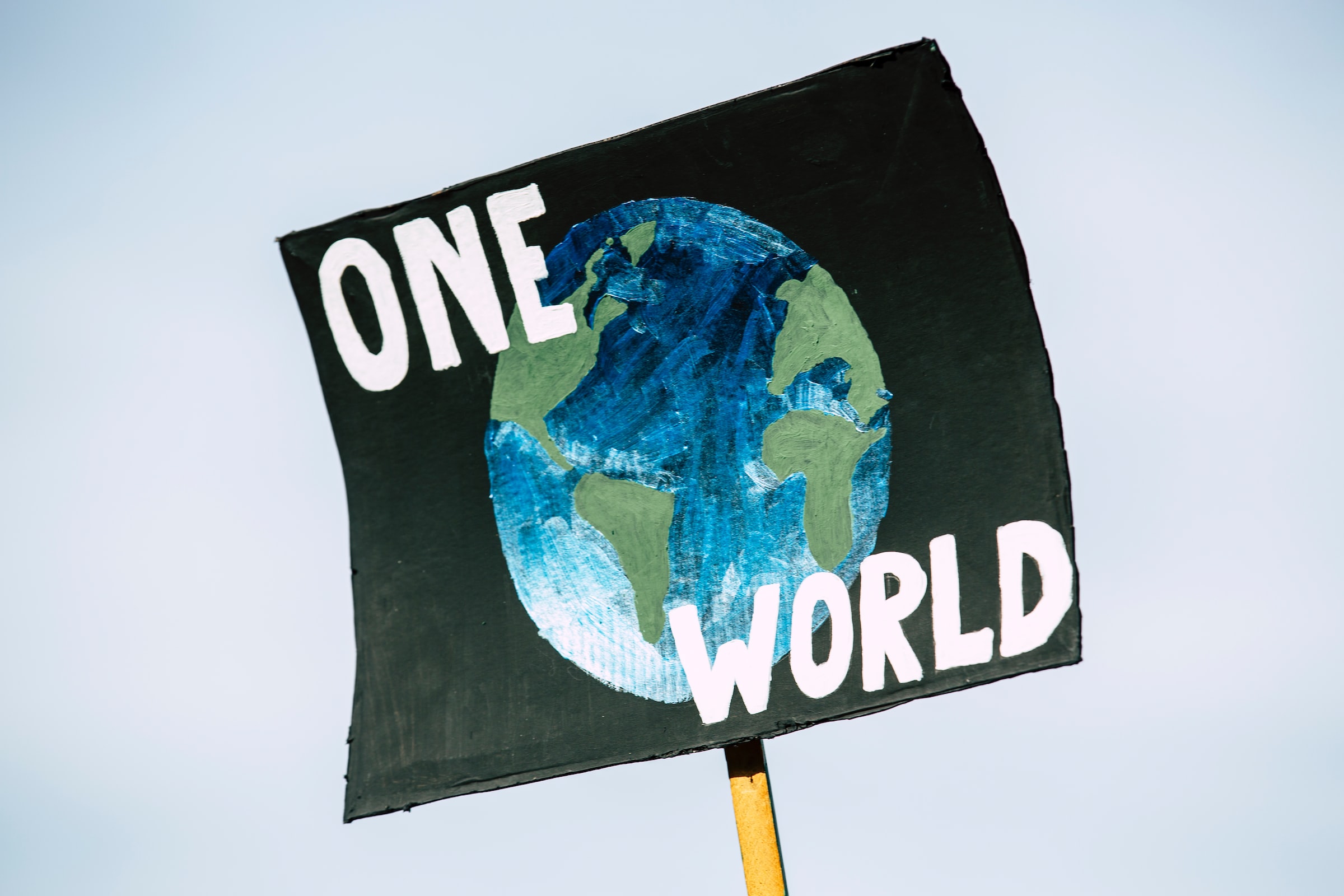Climate on the global scale: COP27
Anna Johnson - As climate change fuels natural disasters and droughts across the world, leaders from the 197 states of the Conference of the Parties met in Egypt to strategize about how to best address the growing threat of global climate change. This conference, COP27, falls near halfway between the signing of the 2015 Paris agreement, a historic international treaty on climate change, and the 2030 deadline for drastic climate action before the worst consequences of a warming climate hit.
Climate change is one problem no individual state can escape. Its scale, or relevant geographic extent, is global. It makes no exceptions based on GDP or population size - every state will pay the price for a changing climate. While a global scale means that every state will have to face the effects of climate change, the impact on each state will not be the same. Some, primarily poorer countries, will face much harsher consequences than their richer neighbors. At this year's conference, the poorer countries are using scale to expand the scope of their power to shift relations in their favor. They are pointing out the discrepancy between who is creating the pollution and who is paying for it. Wealthier states built their economies on oil, gas, and coal. They remain the largest polluters in the world, responsible for half of the world’s emissions since 1850. Poorer, newly industrialized states are expected to expand their economic output to become competitive on a global scale without the use of cheap, accessible energy sources that were widely available during the first industrial revolution when most wealthy countries industrialized. Developing countries, while not responsible for the majority of carbon pollution, are facing some of the direst consequences of climate change. Climate-fueled natural disasters and droughts have the potential to destabilize even the most secure countries, but the first to fall will be newly developed and developing states.
Some of these developing states have joined in an informal region to challenge the power wealthier states hold over the world’s climate future. Led by Pakistan, the G77 has long acted as a way for developing states to enhance their capacity to negotiate on a global scale. For the first time, G77 countries have succeeded in landing climate reparations for developing states on the official agenda at a COP conference. Previous efforts from groups like the V20, initially a group of 20 states most vulnerable to the effects of climate change, have failed. This regional group unites states with otherwise competing interests as a strategy to shift the scale of climate conflict to leverage their collective power, making them a competitive interest in an otherwise uneven balance of power.


